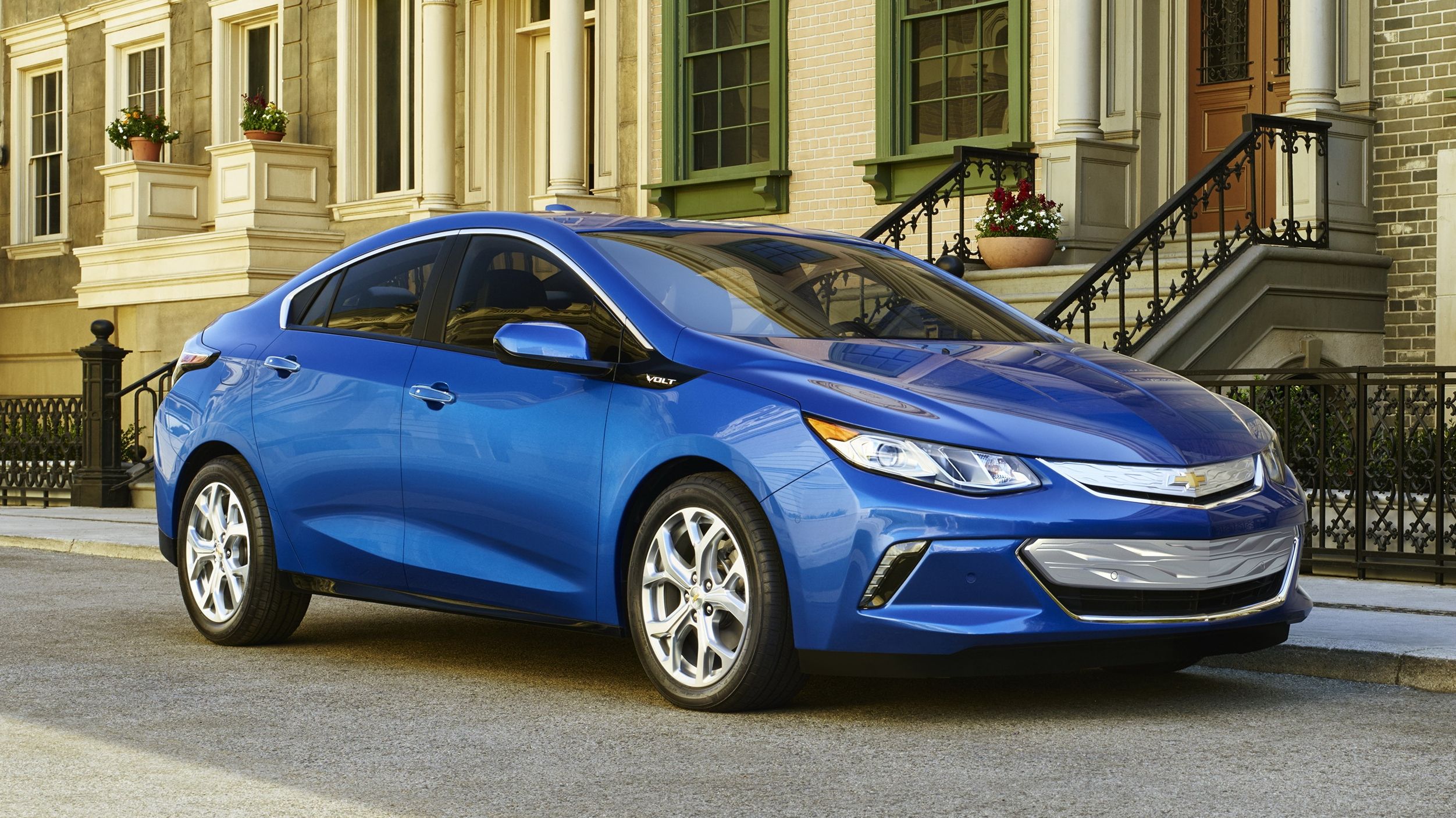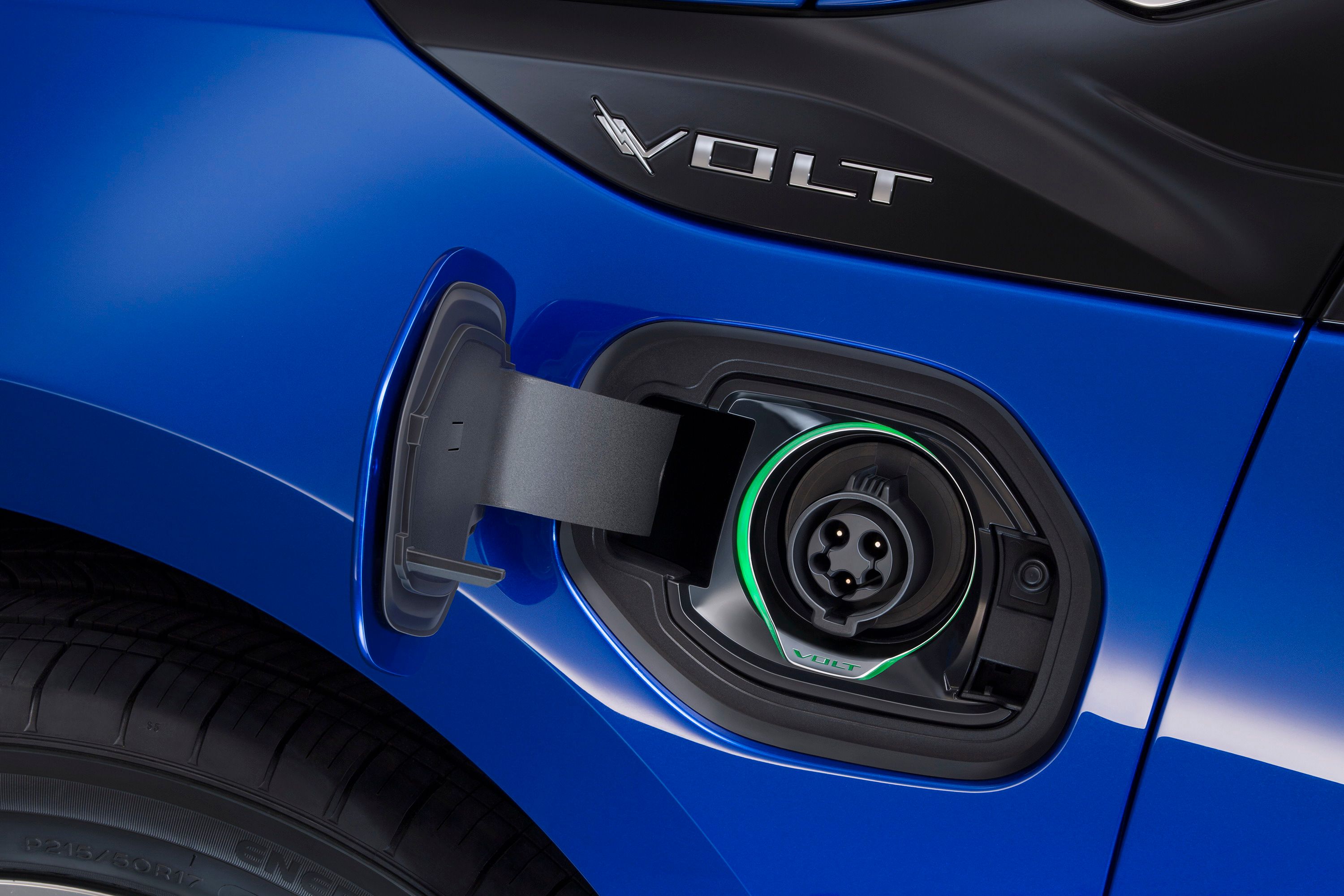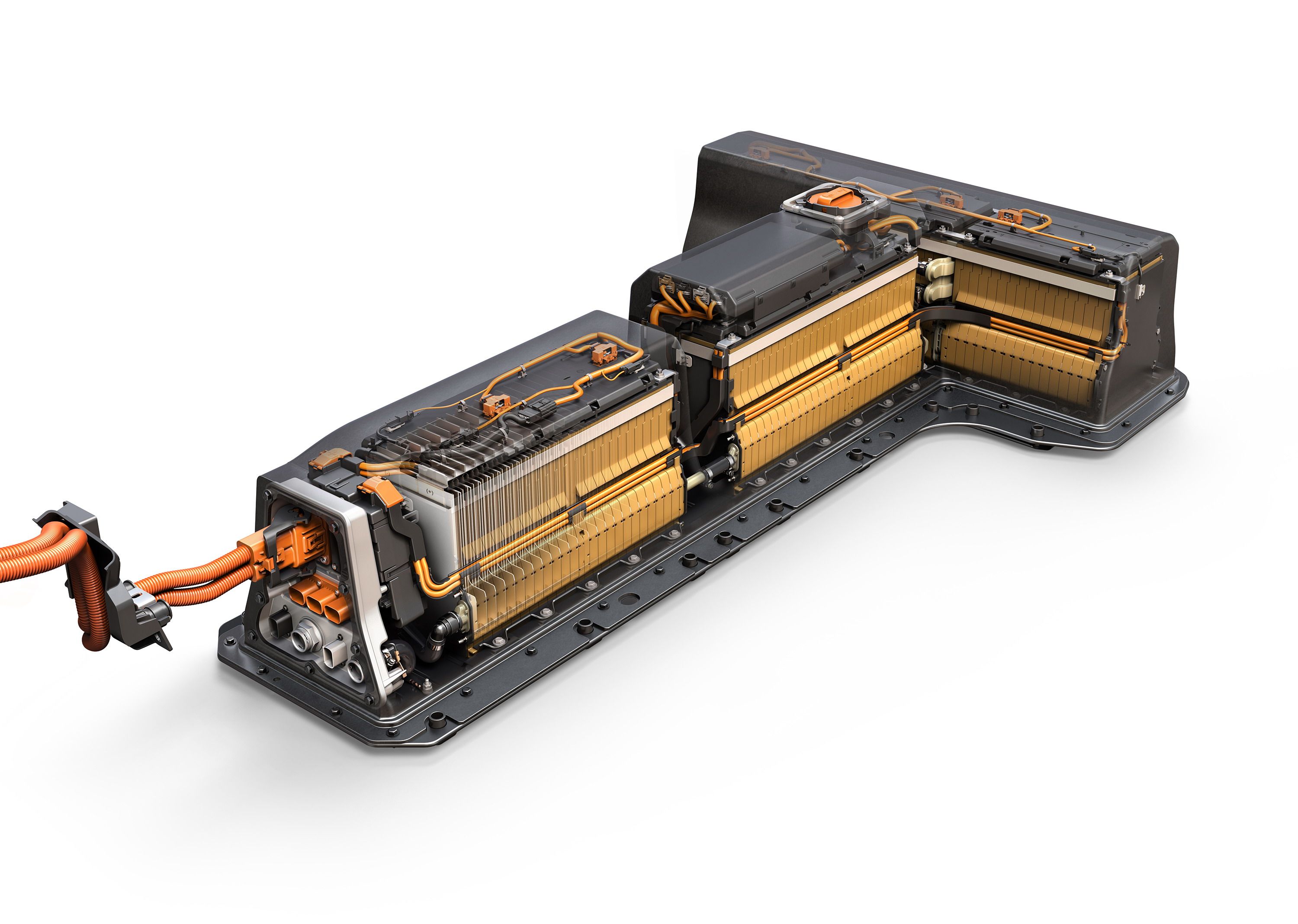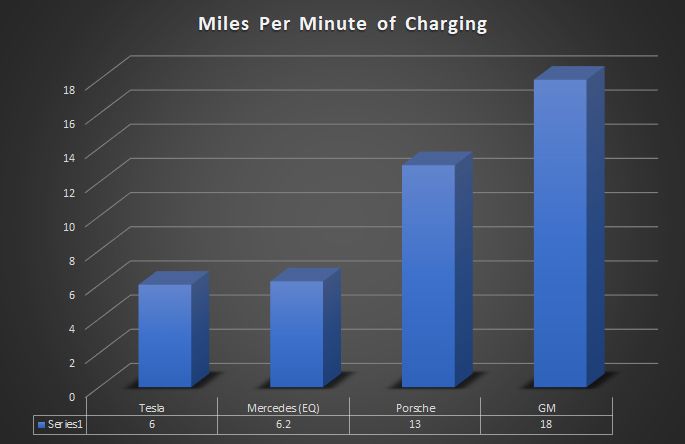We all know how amazing electric vehicles have become lately, with every mainstream manufacturer trying to include at least one or two EVs in their line-up. But there’s one glaring disadvantage that is perhaps the biggest reason for gas-powered vehicles to not have gone extinct yet – the time it takes to recharge batteries. In the case of combustion-powered vehicles, you can get set to travel for the next 200 miles in a matter of a minute, but that’s not possible in case of EVs – until now. General Motors is in collaboration with Delta America to develop a technology that can overcome this drawback, and it blows Tesla’s technology out of the water!
GM Could Offer 180 Miles with 10 Minutes of Charging
General Motors said it’s experimenting with a fleet of 20 electric cars that will be infused with newly developed chargers that will allow the EVs to recharge the batteries rapidly. As of now, GM and Delta America plan to provide up to 180 miles with just 10 minutes of charging with the Extreme Fast Charger (XFC). The new XFCs will be providing up to 400 kW of electricity to its cars and will be four times lighter and half the size of the conventional DC fast chargers.
With this technology, they plan to take on Tesla's Superchargers, which can provide current-generation cars with up to 120 kW of power, as well as Porsche's new 350 kW chargers. In simple words, Tesla’s charger can provide 6 miles of charge per minute, Porsche can provide 12 miles every minute, and the new XFCs will enable you to get 18 miles of range per minute of charging! However, the companies have not stated the battery capacity used in this experiment.
What They Said
“We’re thrilled to lead such an important project and have a stellar team of researchers and partners in place that are more than ready to take on the challenge of setting a new standard for EV fast charging,” said M.S. Huang, president of Delta Americas'. “By utilizing solid-state transformer technology, we have the opportunity to create unprecedented charging speed and convenience that will ultimately help support the DOE’s strategic goal of increasing EV adoption ‘across the nation.”
Conclusion
Further reading
Read more technology news.
Read more Geneva Motor Show news.




